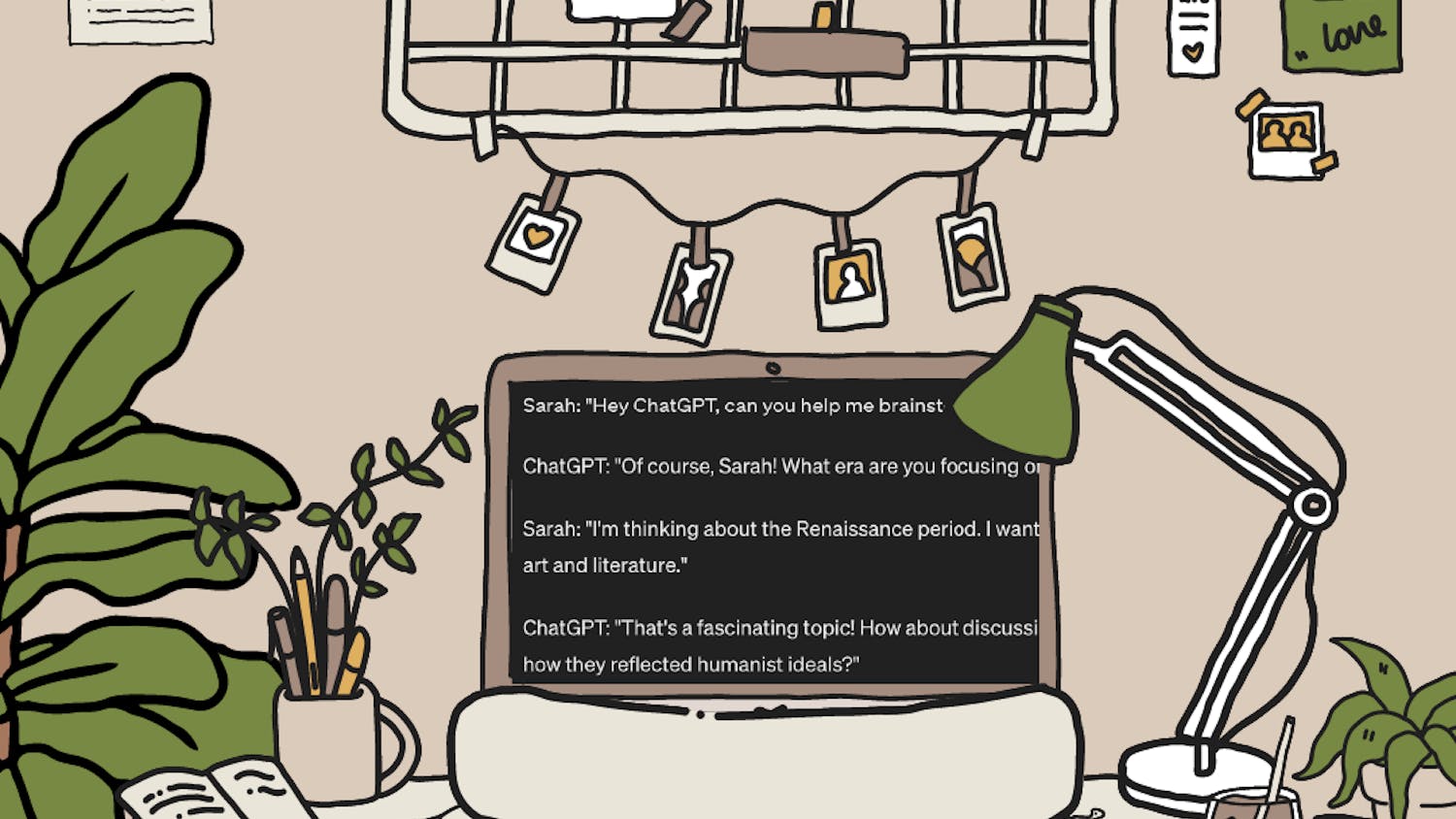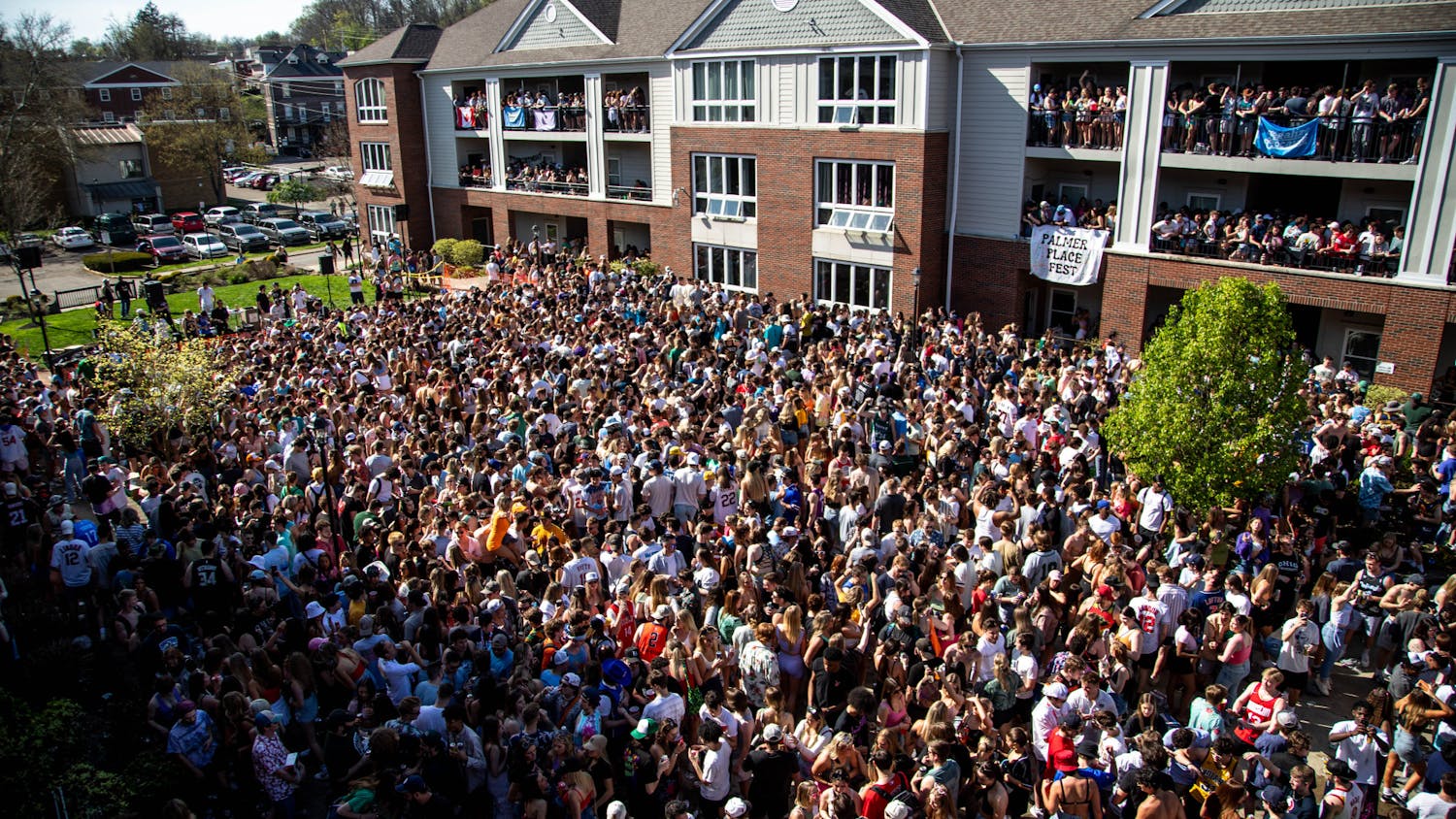As students across the country face the pressure of college debt, universities are finding that less of those students are willing to pursue their education beyond their masters' degrees.
Though the number of masters' degree applications have steadily increased in recent years, doctoral applicants decreased by 4.3 percent since last year. At Ohio University, doctoral level graduate program applicants are down 16 percent in comparison to the average of the previous two years, David Koonce, assistant dean of the Graduate College said in an email.
According to the Chronicle of Higher Education, that trend might partially be due to a lack of jobs within the market, as well as the amount of debt students accumulate throughout their time in graduate school.
"There are many factors that can influence a student's interest in a doctoral program, but the perception of employment prospects is certainly a factor," Joseph Shields, dean of the Graduate College, said in an email.
Ty Densmore, an Ohio University medical student, chose to apply for medical school rather than graduate school. After finishing his undergraduate degree in Chemistry at Case Western University, he said he saw two paths: enter an unsure job market with a Ph.D., or go through medical school to a nearly guaranteed job market with fair pay.
“If you get an M.D., you’re basically guaranteed to get a good paying job,” Densmore said. “For a Ph.D., that might not be true. You’re mostly going into academia, and I don’t think they get paid that well for the amount of work they do. ... It may not be worth it.”
But despite the drawbacks, Visiting Assistant Professor Stephanie Smith believes the decrease in applicants is a positive change for universities and students.
“I think it’s a good thing that there are less people applying to these programs because there are not enough jobs,” Smith said. “The market is way too flooded with people who have Ph.Ds. and want to work in academia.”
As a student in her seventh year of graduate school, Smith said it takes dedication to obtain a Ph.D.
“You have to be sure that you really want it,” she said. “It is a big commitment of time, energy and money.”
Even though Smith is currently unsure where her degree will lead her after graduation, she said she is more concerned about the monetary issues that comes with being a graduate student.
“We are paid very little for the amount of work that we do," Smith said. That probably has a lot to do with people not deciding to go into it."
Graduate students at Northwestern University began seeking union representation within the past month in order to be paid more fair amounts and receive benefits, according to The Daily Northwestern. In August, The National Labor Relations Board ruled against a 2004 policy that prevented graduate students from receiving the same benefits as full-time employees.
Smith said she sees unionization as a beneficial change for graduate students.
"Paying students fees, paying bills, living ... is really hard to do on $12,000 a year," she said.






